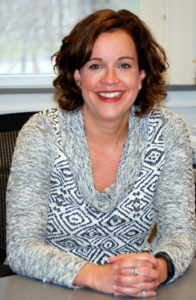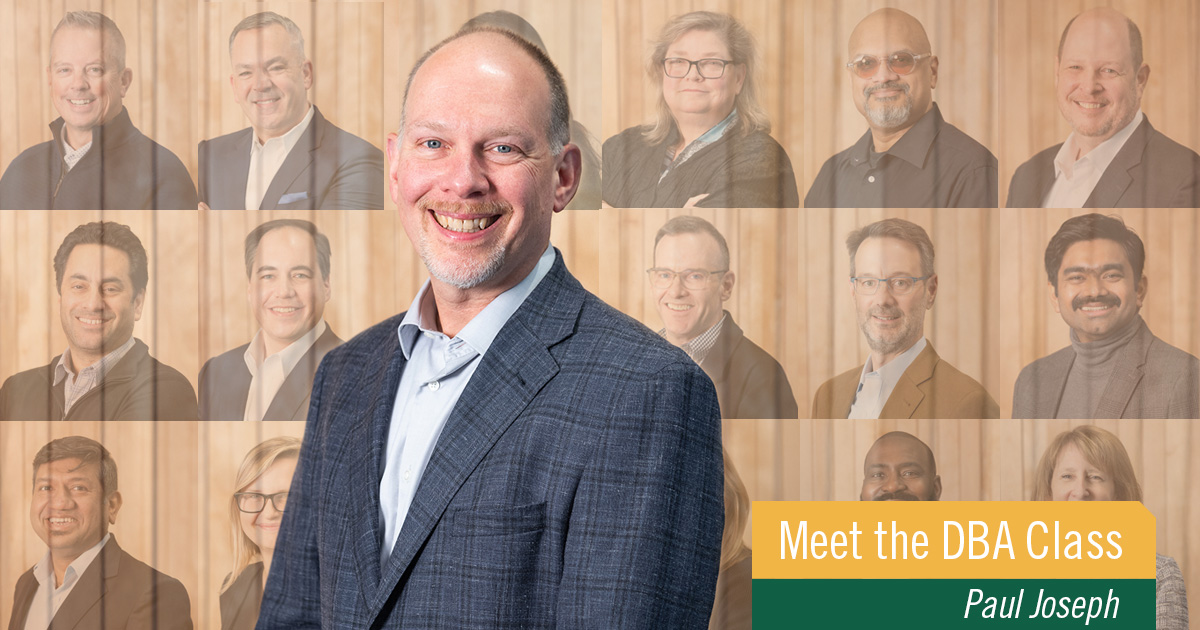Why Do Companies Use Hidden Fees?

Whether you’re getting dinner delivered, booking a hotel, or buying game tickets, junk fees are everywhere.
What Are Hidden Fees?
Junk fees, also called hidden fees, are the last-minute charges you receive when purchasing something typically online. These hidden fees aren’t a new concept, but they’ve exploded across service sectors amid increasing inflation and COVID-19 pandemic cutbacks. The surprise charges appear as customers check out, long after they’ve done their comparison shopping as a potential final barrier to completing a purchase.
That’s why companies count on shoppers paying the extra costs, Babson Associate Professor Lauren Beitelspacher said.
“When consumers go through a decision-making process, usually they recognize a need, they search for information about what they want to buy, they evaluate alternatives, and then they choose a purchase. By the time they’ve added it to their cart and hit checkout, they basically have already bought it in their mind,” Beitelspacher said.
“At that point, they have what’s called an ‘escalated commitment’ to the purchase. They don’t want to go through that whole process again, so when the fees come up, they’re like, ‘Fine. I’ll just pay for it.’ Companies are taking advantage of that escalated commitment.”
Erosion of Trust
The extra costs, sometimes called processing fees or service fees, have cropped up on everything from credit card bills to plane tickets, concert tickets, and streaming services.

Hidden fees can erode consumer trust, according to Associate Professor Lauren Beitelspacher.
While the fees are legal, companies often advertise pre-fee prices, leaving consumers with a frustrating, and some say deceptive, surprise at checkout.
President Biden has declared war on the escalating add-ons, asking Congress to pass the Junk Fee Prevention Act, which aims to limit companies’ abilities to levy some of these charges.
Beitelspacher, also the Ken and Nancy Major Romanzi Senior Term Chair in Marketing, said that even without the new law, businesses springing surprise costs onto consumers face serious risks.
“When they add a hidden fee, their customers are more likely to get a feeling of post-purchase regret,” Beitelspacher said. “That could really build up resentment toward the company, and the next time the customer wants a similar product or service, they’ll avoid that brand. If you keep on adding new fees, customers will feel a kind of mental erosion of trust. That’s a serious gamble for companies.”
So long as people are willing to pay the last-minute fees, however, the gamble could pay off.
“Some of these brands aren’t expecting buyers to be loyal customers, or, some companies don’t have a lot of competition, so they don’t really care if customers have regrets,” Beitelspacher said.
A Tipping Point
Buyers do have a junk fee tipping point, Beitelspacher said.
“We all have a mental price point in our head; it’s called a reference price, and it’s what we’re willing to pay for something. If it goes over that reference price, we’re not going to pay it,” Beitelspacher said. But, “that tipping point is different for everyone.”
“If you keep on adding new fees, customers will feel a kind of mental erosion of trust. That’s a serious gamble for companies.”
Lauren Beitelspacher, associate professor of marketing at Babson College
Some consumers already are fighting back. A group of hotel guests filed a lawsuit against Marriott for an employee-protection fee that some of the chain’s Los Angeles properties add to room rates. The fee, between $13 to $14, was put in place to ensure employees can contact security while cleaning guestrooms or restrooms. The lawsuit argues that the surcharge collects $3.6 million per hotel, far beyond what’s required to pay for the security needs.
So, while Biden and congressional lawmakers have pressured companies such as Ticketmaster to display all fees and costs upfront starting in September, consumers likely have the biggest impact.
“If we’re willing to pay it, companies are going to charge it,” Beitelspacher said. “It’s great that the government is regulating these fees, but we can speak with our dollars and just stop paying them.”
Posted in Insights




